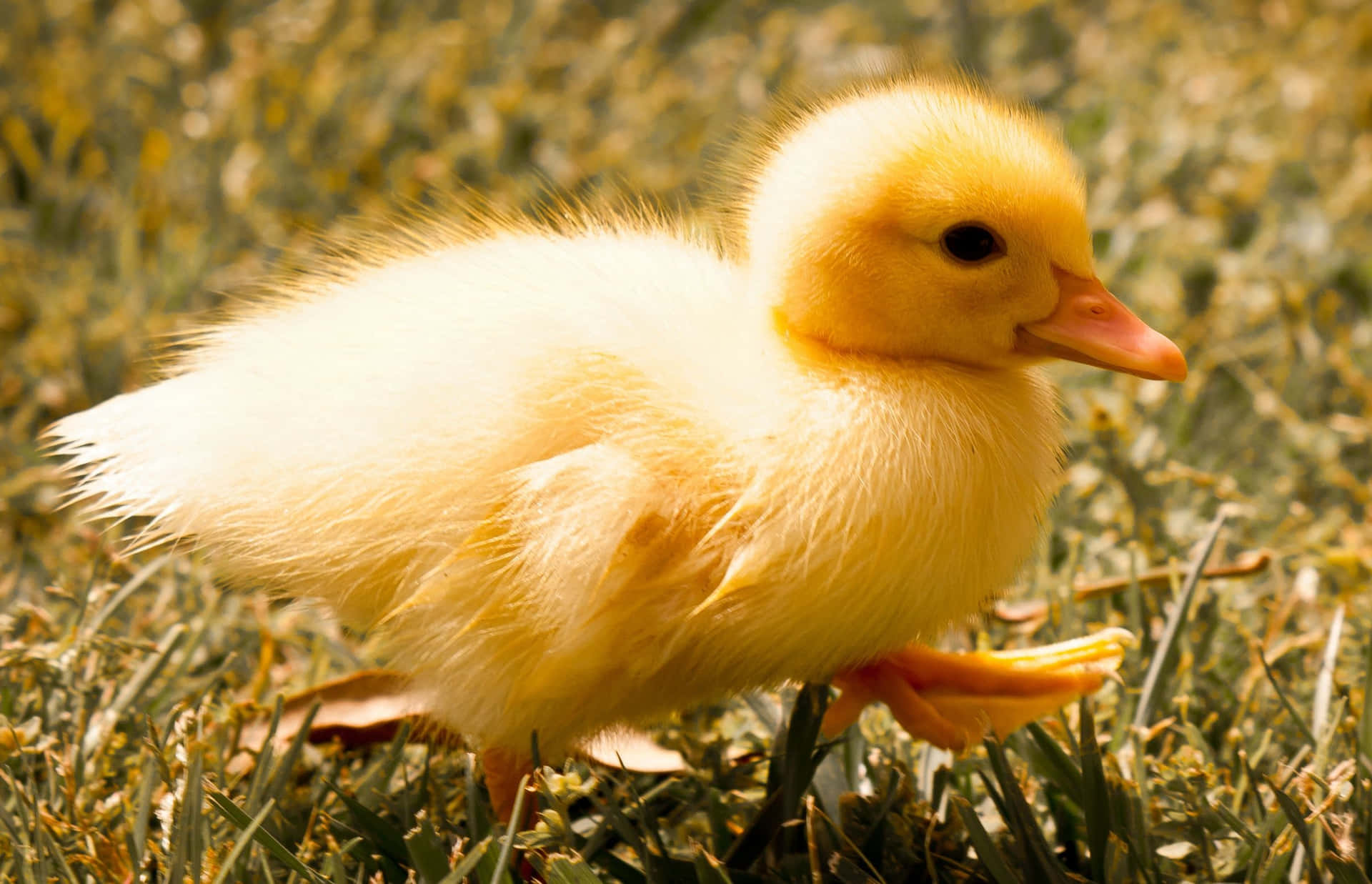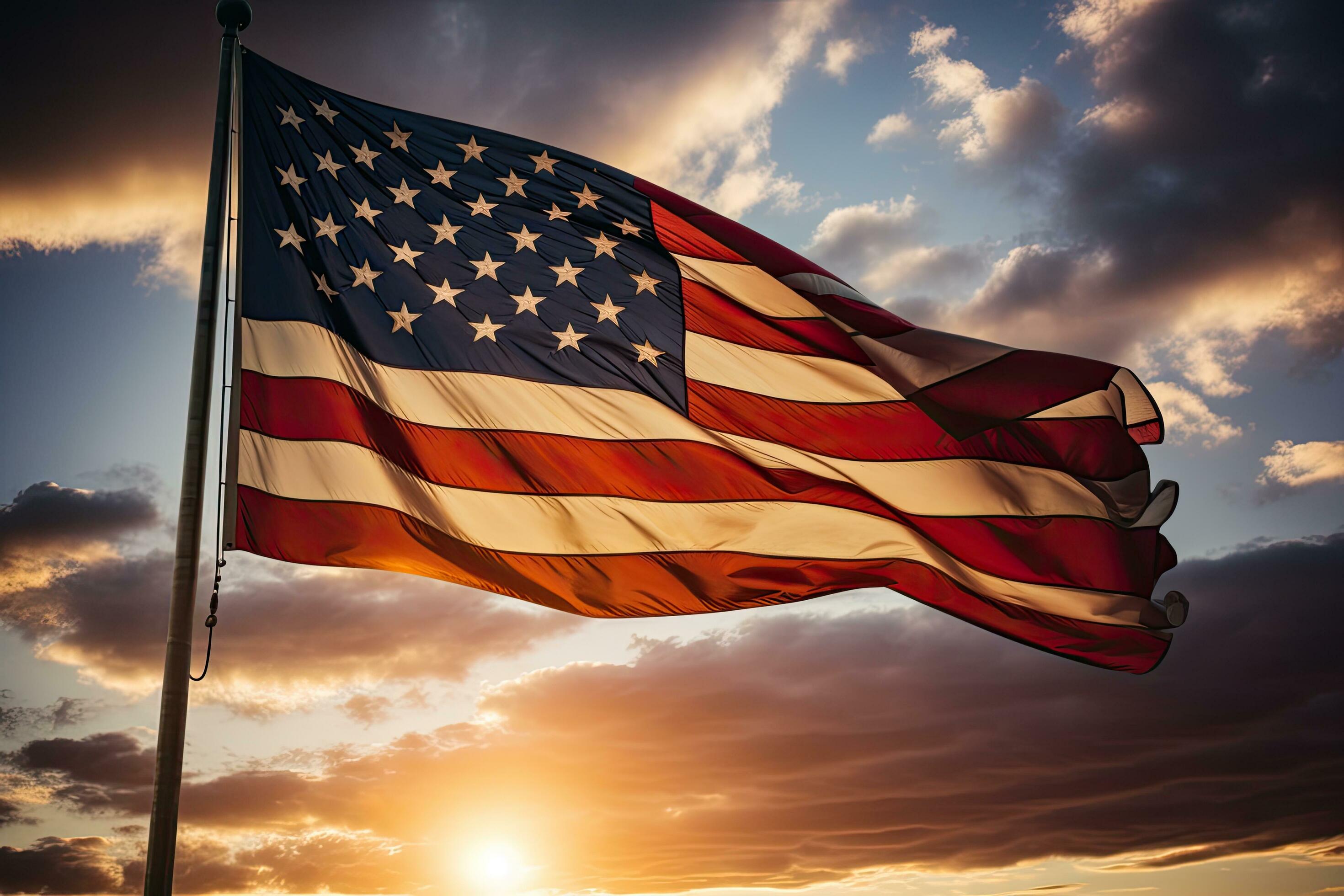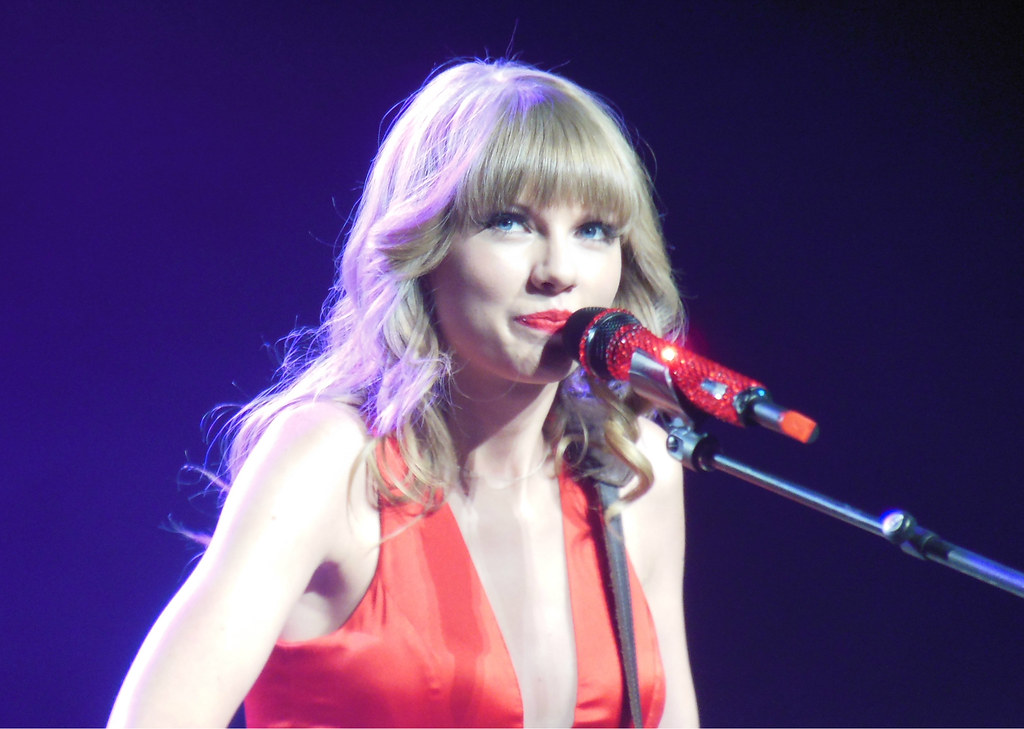
Reality television, a genre built on the promise of unscripted authenticity and genuine human experience, has captivated audiences for decades, transforming ordinary individuals into household names and building lucrative empires. From the dramatic daily lives of celebrity families to high-stakes competitions and intimate glimpses into unique subcultures, these programs have shaped modern entertainment. Yet, beneath the veneer of manufactured drama and aspirational lifestyles lies a complex ecosystem fraught with significant legal and financial vulnerabilities, often leading to spectacular collapses that can threaten the very foundations of these television dynasties.
What begins as a seemingly harmless pursuit of ratings and revenue can quickly devolve into a landscape of legal battles, severe financial losses, and reputational damage. The pursuit of compelling narratives, combined with inadequate oversight and, at times, outright manipulation, has birthed a series of high-profile scandals. These incidents serve as stark reminders that the consequences of reality TV’s excesses extend far beyond fleeting on-screen controversies, frequently culminating in situations that dismantle careers, bankrupt businesses, and prompt broader industry introspection regarding ethical responsibilities and participant welfare.
This in-depth analysis delves into several of the most impactful legal and financial calamities to strike the reality television world, illustrating the profound risks inherent in a genre that blurs the lines between entertainment and genuine life. We will explore how business ventures imploded under legal pressure, how controversial statements led to major financial setbacks, and how systemic manipulation and exploitation generated lasting legal and ethical dilemmas, often leaving a trail of devastation for those involved and challenging the integrity of the entire industry.
1. **The Whitney Rose Wild Rose Beauty Disaster**One of the most recent and arguably most brutal reality TV business collapses in recent history is the implosion of Whitney Rose’s skincare company, Wild Rose Beauty. As a direct-to-consumer brand, its failure wasn’t merely a celebrity endorsement gone awry; it represented a complete financial massacre. Whitney Rose, a star of The Real Housewives of Salt Lake City, candidly admitted that this venture, co-founded with her husband Justin, cost “millions” and affected “thousands” of customers.
This catastrophic failure resulted in 30 people losing their jobs overnight and left thousands of customers completely screwed over, highlighting the precarious nature of entrepreneurial ventures, even those launched by public figures. Whitney herself confessed to her RHOSLC castmates, “I didn’t just fail myself, I failed all my employees, I failed my customers, I failed my family. Like, I just feel the weight of everyone that this has affected.” The emotional and financial toll was immense, as she revealed, “Now we have nothing,” a statement underscoring the total annihilation of their accumulated wealth and efforts.
Such a dramatic business implosion unleashes a formidable legal storm, as business failures of this magnitude invariably create a web of legal obligations, financial liabilities, and regulatory nightmares. These can haunt entrepreneurs for years, impacting everything from employee severance to customer refunds and outstanding vendor debts. The Wild Rose Beauty case serves as a critical lesson in the importance of proper business structure, meticulous contract management, and robust financial planning, especially for direct-to-consumer e-commerce brands navigating complex consumer protection and product liability laws.
Read more about: California: A Comprehensive Look at the Golden State’s Enduring Legacy, Dynamic Landscape, and Global Influence

2. **Duck Dynasty Homophobia Scandal**The American reality TV series Duck Dynasty, which aired on A&E Television Networks from 2012 to 2017, became a cultural phenomenon, generating nearly $80 million in advertising sales for A&E and an astounding $400 million in merchandise sales in 2013 alone, according to Forbes magazine. The show followed the lives of the Robertson family, operators of the highly successful Duck Commander company, built on custom-made duck-hunting calls. However, this immense success was severely undermined by a major controversy involving Phil Robertson, the family patriarch.
During a 2013 interview with GQ magazine, Phil Robertson made controversial remarks regarding homouality, attributing his stance to his Christian values and Bible teachings. These comments were unwelcome by A&E Network, leading to his brief suspension from the show. The fallout was swift and severe: ratings and viewership began a steady decline, LGBTQ lobby groups pushed for the show’s cancellation, and sponsors started pulling out in protest. This illustrates how off-screen behavior and personal opinions, when publicly expressed by reality TV personalities, can have immediate and devastating financial consequences for a show and its network.
Despite the family’s public support for Phil’s sentiments, stating he only spoke “what was written in the Bible,” the financial damage was irreversible. The controversy also brought to light other past controversial racial comments Phil had made in the same GQ interview, and later, his statements in 2015 and 2016 that STDs are punishment for premarital . These cumulative remarks continued to decrease the show’s viewership, which plummeted from a peak of 14 million viewers per week to 1.3 million by its final season in 2017. Although the show ended mutually, Phil’s remarks are widely believed to have significantly contributed to its cancellation, transforming Duck Dynasty from a mere reality show into a symbol entangled in ongoing debates about free speech, religious liberty, and political correctness.

3. **The Quiz Show Rigging Revival**While not technically reality TV in its modern form, the quiz show rigging scandal of ‘Twenty-One’ in the 1950s set a precedent for manipulation that resonates deeply within the reality television genre. This classic game show scandal exposed how producers actively fed answers to contestants, deceiving millions of viewers who believed they were witnessing genuine intellectual competition. This incident proved that audiences could be fooled for years, unknowingly consuming manufactured drama disguised as authentic performance.
The implications of this scandal were profound, establishing an early understanding that what appears on screen may be heavily manipulated behind the scenes. It demonstrated the lengths to which producers might go to ensure compelling television, even at the cost of honesty and integrity. The widespread public outrage and subsequent congressional hearings led to stricter regulations for game shows, aiming to prevent similar deceptions.
For contemporary reality TV, the ‘Twenty-One’ scandal serves as a foundational warning. It underscores the ongoing tension between entertainment value and authenticity, a tension that reality shows constantly navigate. The revelations of staged storylines or manipulated results in later reality programs often invoke echoes of this early deception, reminding audiences that the quest for dramatic narratives can easily override the genre’s promise of unvarnished reality.
Read more about: Beyond the Buzzer: Unearthing the Untold Fates and Hidden Hardships of Beloved Game Show Hosts Who Left Us Too Soon or Quietly Endured

4. **Jon and Kate Plus 8 Exploitation**The Gosselin family’s reality show, ‘Jon and Kate Plus 8’, initially captivated audiences with its portrayal of a couple raising eight children, including tuplets. However, the show quickly transformed from heartwarming family dynamics into a nightmare as serious allegations of child exploitation emerged. It was revealed that the children were reportedly working excessive hours, far beyond what typical child labor laws permitted, and without adequate protection or compensation that would normally be afforded to child actors.
These revelations sparked significant public and legal scrutiny, raising crucial questions about the ethical responsibilities of reality TV productions toward child participants. The controversy highlighted a glaring loophole in labor laws, as children appearing in reality shows were not always afforded the same protections as those in scripted productions. The damage done to the family, particularly the children, was widely documented and discussed, extending beyond the show’s run.
The ‘Jon and Kate Plus 8’ scandal ultimately led to legislative action. Pennsylvania, where the family resided, eventually passed new laws specifically designed to protect children on reality shows, ensuring they receive proper labor law protections, education, and financial safeguarding. This case became a watershed moment, forcing networks and production companies to re-evaluate their practices regarding child participants, demonstrating how reality TV can directly influence and reform legal frameworks.

5. **Real Housewives Financial Crimes**The ‘Real Housewives’ franchise, known for showcasing the opulent lifestyles and dramatic interpersonal relationships of wealthy women, has ironically become a hotbed for serious financial crimes. Multiple stars from various iterations of the show have faced, and been convicted of, significant financial misconduct, including charges ranging from fraud to tax evasion. The most prominent example is Teresa Giudice from ‘The Real Housewives of New Jersey’, who served a prison sentence for bankruptcy fraud.
These incidents highlight a profound disconnect between the extravagant wealth flaunted on television and the illicit financial activities occurring behind the scenes. The public spectacle of these women’s lives, with their lavish homes, designer clothes, and luxury trips, made the revelations of their financial crimes all the more shocking and, for federal prosecutors, a clear target. The irony was not lost on viewers, who witnessed the legal and personal repercussions unfold, often with significant media coverage.
Beyond individual convictions, these cases have tarnished the credibility of the entire franchise, raising questions about the authenticity of the wealth depicted and the vetting processes for cast members. The ongoing legal battles and the public fallout have served as a stark warning to other reality TV personalities about the intense scrutiny that comes with newfound fame and wealth, especially when that wealth is built on a foundation of financial impropriety.
Read more about: The Million-Dollar Conundrum: Navigating Truth, Deception, and the Perilous Weight of Secrets

6. **Love Island Mental Health Crisis**’Love Island’, particularly its various international versions, has faced a devastating mental health crisis that has led to tragic outcomes for multiple contestants. A number of individuals who appeared on the show have died by self-harm after their participation, sparking widespread alarm and forcing a critical re-evaluation of the psychological support systems provided to reality TV participants. These tragedies cast a dark shadow over the show’s popularity and the entire genre’s ethical responsibilities.
The intense public scrutiny, sudden fame, and often harsh criticism faced by contestants, both during and after the show, have been identified as major contributing factors to their deteriorating mental well-being. The rapid transition from relative anonymity to widespread public recognition, coupled with the pressure to perform for cameras and navigate complex romantic relationships under constant surveillance, proved to be an overwhelming burden for many.
In response to these heartbreaking events, networks and production companies have been compelled to completely overhaul their psychological support systems. This includes implementing more rigorous mental health screenings for prospective contestants, providing enhanced ongoing psychological care during and after filming, and offering more robust aftercare programs. The ‘Love Island’ tragedies underscore the critical importance of participant welfare, moving beyond mere entertainment value to address the profound human cost of reality television’s unique pressures.
Read more about: Decoding Taylor Swift’s $1.6 Billion Empire: Key Pillars of Her Unprecedented Financial and Cultural Dominance

7. **Extreme Makeover Construction Disasters**’Extreme Makeover: Home Edition’ was a feel-good reality show designed to transform the lives of deserving families by building or renovating their homes. However, beneath the heartwarming narratives and dramatic reveals, the show inadvertently left several families in devastating financial situations. In multiple instances, families found themselves with houses they simply couldn’t afford to maintain, leading to foreclosures and significant financial ruin.
The core issue often stemmed from the enormous increase in property taxes, utility bills, and maintenance costs associated with their newly expanded and upgraded homes. While the show provided the initial construction, it did not always adequately prepare families for the long-term financial burden of owning a substantially larger or more luxurious property. Some families ended up worse off than before their ‘life-changing’ makeover, losing their original homes and incurring unexpected expenses in their attempts to manage the new properties.
These construction disasters exposed a significant ethical oversight in the show’s premise, transforming a charitable act into a financial trap for some beneficiaries. The incidents generated public criticism and raised questions about the due diligence performed by the production in assessing a family’s long-term financial capacity. It served as a potent reminder that even well-intentioned reality TV programs can have unintended and profoundly negative consequences, leaving legal and financial woes in their wake that overshadow the initial benevolent gestures.
Continuing our comprehensive review of reality television’s most impactful controversies, this section delves into seven additional incidents. These cases shift our focus from outright financial and business collapses to profound ethical breaches, critical contestant welfare crises, persistent allegations of manipulation, and significant discrimination lawsuits. These events collectively challenged the genre’s credibility, exposed systemic flaws, and ultimately prompted substantial industry reforms, reshaping the landscape of unscripted entertainment.
8. **Survivor Producer Misconduct**The enduring popularity of ‘Survivor,’ celebrated for its extreme challenges and strategic gameplay, has been marred by persistent allegations of inappropriate behavior. Multiple seasons reportedly saw crew members engage in misconduct targeting female contestants. These disturbing assertions suggest that the show’s demanding physical and emotional boundaries extended well beyond the on-screen narrative, creating a problematic environment behind the cameras.
Such allegations fundamentally challenge the ethical framework of reality television production, particularly concerning participant safety. While ‘Survivor’ pushes contestants to their limits in isolated locations, the reported conduct of production staff introduced a serious dimension of risk, raising critical questions about the duty of care owed to individuals in vulnerable, high-pressure situations. This necessitates rigorous internal investigations and clear codes of conduct for accountability.
The implications of such misconduct extend beyond individual incidents, impacting the show’s integrity and the participant experience. A culture where such allegations can fester undermines the perceived authenticity of the competition and fosters distrust. Robust reporting mechanisms are crucial to ensure the welfare of all individuals involved and maintain the ethical standards of production within the reality TV genre.
Read more about: The Enduring Chapters of a Child Star: Corey Feldman’s Complex Hollywood Journey, From Teen Icon to Controversial Advocate

9. **Bachelor Franchise Background Failures**The ‘Bachelor’ franchise, a cornerstone of romantic reality television, has repeatedly faced criticism for inadequate contestant screening. This oversight has frequently led to the inclusion of individuals with concerning personal histories, including those subject to restraining orders or possessing criminal records. Such failures pose direct threats to the safety and psychological well-being of other participants, compromising the integrity of the show’s curated dating environment.
The inherent design of ‘The Bachelor,’ which isolates contestants and fosters intense emotional connections, amplifies the risks associated with insufficient vetting. When individuals with histories of conflict are introduced into such a volatile setting, the potential for distress or harm to others increases significantly. This raises serious ethical questions about the production’s responsibility to ensure a secure and healthy environment for its cast members.
These background failures have undeniably damaged the franchise’s credibility with its viewership. Audiences expect due diligence from productions, particularly when showcasing intimate relationships. When these expectations are unmet, and participants are visibly placed at risk, the romantic narrative falters, leading to public skepticism regarding the show’s commitment to participant welfare and its overall authenticity. Comprehensive and rigorous background checks are not merely legal safeguards but ethical imperatives.

10. **Big Brother Racism Controversies**’Big Brother,’ renowned for its constant surveillance and unedited live feeds, has unfortunately become a recurrent platform for controversies involving racist comments and behavior from houseguests. The live format makes it impossible to conceal these exchanges from dedicated viewers, leading to immediate and often intense public outrage. This exposure has placed networks in a difficult position, forcing them to confront and address deeply offensive language in real-time.
These incidents expose a significant ethical challenge within the show’s format, as transparency inadvertently broadcasts unfiltered prejudice. The immediate visibility ensures swift public reaction, often culminating in widespread condemnation. Consequences have been tangible, with numerous sponsor boycotts as advertisers sought to distance their brands from the negative publicity associated with discriminatory behavior, impacting the show’s commercial viability.
The persistent nature of these controversies has sparked broader societal conversations about diversity on reality television and the responsibilities of media platforms in addressing prejudice. ‘Big Brother’ incidents serve as stark reminders that reality TV influences cultural norms. Productions are increasingly challenged to not only respond to but actively prevent such harmful behaviors, fostering environments that promote respect among participants.
Read more about: The Unjust Aftermath: A Rolling Stone Investigation into How Janet Jackson Paid the Price While Justin Timberlake Profited
11. **Keeping Up with the Kardashians Fake Storylines**’Keeping Up with the Kardashians,’ a show that defined an era of celebrity reality television, faced significant challenges to its authenticity with widespread revelations of staged storylines. Former crew members openly disclosed that many of the show’s most dramatic moments were entirely fabricated or meticulously reshot multiple times. This information directly contradicted the show’s foundational premise that viewers were observing the genuine, unscripted lives of a real family.
The allure of ‘Keeping Up with the Kardashians’ largely stemmed from its perceived glimpse into the unfiltered daily lives and interpersonal dynamics of a famous family. When reports surfaced that these narratives were manufactured, the illusion of reality was shattered. This manipulation did not just alter plot points; it fundamentally undermined the entire premise of the show, diminishing its unique appeal and raising questions about the honesty of its producers and cast.
This erosion of trust between the audience and the production had broader implications for the reality TV genre. It reinforced growing skepticism among viewers about the ‘reality’ in reality television, fueling discussions about the blurred lines between entertainment and genuine documentation. For a genre built on authenticity, such widespread staging represents a significant ethical breach, impacting viewer engagement and long-term credibility.

12. **American Idol Voting Manipulation**For years, ‘American Idol’ captivated millions with its promise of discovering raw talent through democratic viewer participation. However, multiple seasons of the highly popular singing competition faced persistent allegations that producers manipulated voting results or provided preferential treatment to certain contestants. These claims struck at the very heart of the show’s appeal, suggesting that the integrity of its competitive process was fundamentally compromised.
The core premise of ‘American Idol’ was that audience votes determined winners, launching aspiring musicians’ careers. When credible allegations emerged that producers might be influencing outcomes, this democratic illusion was shattered. The show’s credibility suffered significantly, as the transparency and fairness of the voting system became subject to intense scrutiny and public doubt.
Public disillusionment grew as it became clear that viewer engagement, through millions of calls and texts, might not genuinely determine the ultimate victors. This fostered a sense of betrayal among dedicated fans. In response, many talent competition shows have been compelled to implement more stringent auditing processes for their voting mechanisms, highlighting the critical need for absolute transparency to maintain audience faith.
Read more about: Remember the Low-Rise Jeans and Flip Phones? These 14 Early 2000s Reality Stars Took Over TV—And We Absolutely Couldn’t Look Away!

13. **The Apprentice Discrimination Lawsuits**’The Apprentice,’ a reality series designed to showcase business acumen and professional ambition, unexpectedly found itself embroiled in multiple discrimination lawsuits. Contestants from various seasons filed legal actions, alleging that the show’s environment was overtly hostile toward women and minorities. These serious accusations painted a starkly different picture from the polished, meritocratic image the program projected to its millions of viewers.
The essence of ‘The Apprentice’ was the idea of a level playing field where talent and drive determined success, regardless of background. The discrimination lawsuits directly challenged this narrative, suggesting that behind the scenes, an inequitable and discriminatory environment persisted. This revelation created a significant credibility gap between the show’s televised portrayal of fair competition and the alleged realities experienced by certain participants.
These legal challenges not only tarnished the show’s reputation but also contributed to a broader societal discourse about workplace equality in entertainment. They brought to light the critical need for robust anti-discrimination policies and vigilant oversight within production companies. Such measures are crucial to ensure all cast members are treated with respect and equity, preventing undue prejudice or a hostile atmosphere.
Read more about: Donald J. Trump: A Deep Dive into the Divisive Legacy of a President, Businessman, and Media Mogul

14. **Dance Moms Abusive Environment**’Dance Moms,’ a reality series documenting the highly competitive world of youth dance, became infamous for its toxic environment, leading to multiple investigations and lawsuits. These legal actions alleged emotional and psychological abuse of the young dancers, revealing a disturbing undercurrent beneath the show’s widespread popularity. The program faced intense scrutiny for its ethical implications regarding child participants.
The show’s format often prioritized dramatic confrontations and intense pressure, with coaches frequently engaging in highly critical and demeaning verbal exchanges. This consistent exposure to a high-stress, emotionally charged atmosphere was widely cited as a contributing factor to the alleged abuse. The narrative often blurred the lines between rigorous coaching and harmful psychological tactics, sparking widespread public and professional concern.
Reports of lasting emotional trauma and psychological distress among young participants were a significant focus of the allegations. These incidents raised profound ethical questions about the exploitation of minors for dramatic television content, forcing a critical re-evaluation of how child performers are protected within the unscripted television industry. The show’s eventual cancellation serves as a painful lesson on prioritizing welfare over ratings.
The trajectory of these numerous scandals, from manipulation behind the scenes to profound ethical breaches and legal battles over participant welfare, paints a comprehensive picture of reality television’s tumultuous evolution. While the genre continues to adapt, these controversies underscore a persistent tension between the pursuit of compelling narratives and the imperative for ethical production standards. The collective impact of these incidents has undeniably spurred significant reforms, necessitating greater transparency, enhanced psychological support, and more rigorous oversight. Yet, the ongoing scrutiny serves as a vital reminder that the quest for authenticity and entertainment must always be balanced with a profound commitment to the well-being and dignity of every individual who steps before the camera, ensuring that ‘reality’ television truly reflects responsible and humane practices.






